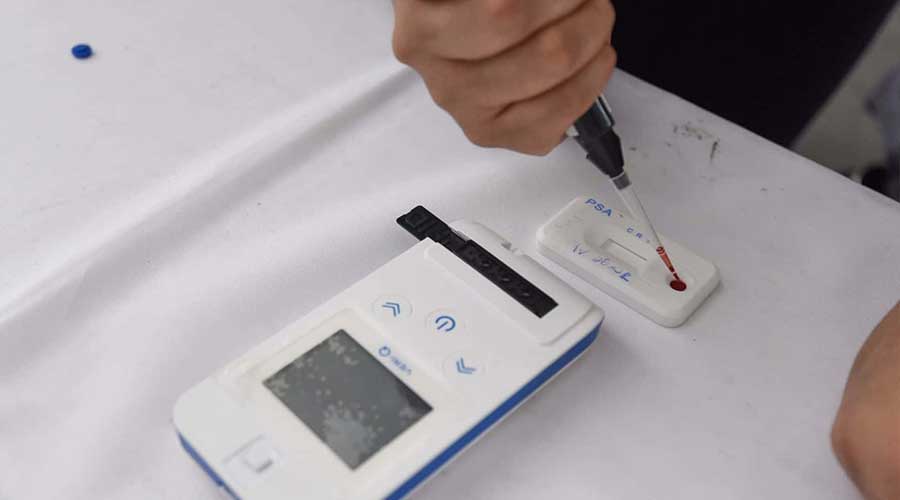In early November, a new therapeutic cancer vaccine, PD1-Vaxx, developed by scientists of Ohio State University, was approved by the US Food and Drug Administration, for phase 1 human trials after successful testing on animals. The next clinical trial will focus on patients with non-small cell lung cancer.
In the recent publication of the renowned research journal, Oncoimmunology, the details have been mentioned. The Ohio State University Comprehensive Centre, Arther G. James Cancer Hospital, and Richard J. Solove Research Institute strive to create a cancer-free world by integrating research with excellence and education and patient-centered care, a strategy that leads to a better method of prevention, detection, and treatment.
Read more: Wound healing hydrogel to improve skin tissue repair
Pravin T. P Kaumaya, a Ph.D. member of the OSUCCC-James Translational Therapeutics Program and Professor of medicine at The Ohio State College of medicine says that, first, PD1-Vaxx activates both B-and T-cell function to promote tumor clearance. Second, the treatment is targeted to block signaling pathways that are crucial for tumor and growth and maintenance.
By giving this vaccine in combination with an immunotherapy drug, we are essentially supercharging and directing the immune system to target and kill cancer cells.
Like the immune therapy drug nivolumab, PD1-Vaxx is an immune checkpoint Inhibitor. Immune checkpoints are proteins that keep immune cells from attacking healthy body cells. PD-1 is a checkpoint protein on killer T cells. PD-L1 is another checkpoint protein that is on healthy cells and many cancer cells.
When PD-1 on T cells binds with PD-L1 on a body cell or a cancer cell, it suppresses the T-cell, preventing it from killing the cell. Nivolumab works by blocking PD-1 from binding with PD-L1 thereby allowing T cells to kill the patient’s cancer cells.
But while nivolumab consists of anti-PD monoclonal antibodies, which target a single location on the PD-1 protein, the experimental vaccine PD1-Vaxx triggers a range of antibodies-a polyclonal antibody response-that blocks multiple Sites on PD-1 could more effectively inhibit the protein.





















